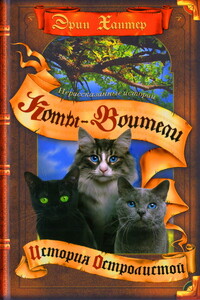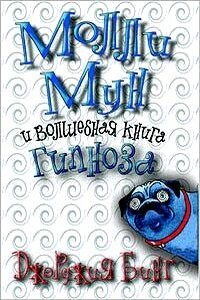The Replacement | страница 26
That was the code of the town—you didn’t talk about it, you didn’t ask. But Tate had asked anyway. She’d had the guts to say what everyone else was thinking—that her true, real sister had been replaced by something eerie and wrong. Even my own family had never been honest enough to come right out and say that.
Tate had made herself a loner and an outcast when I was the one who was supposed to be the freak. I’d shied away like she might infect me, but she was just a girl trying to get a straight answer from the most obvious source.
And yes, I was obvious. When it came down to basic facts, I was weird and unnatural, and the game only worked as long as everyone else agreed not to see. If you took all the kids in school and lined them up, it was clear that I was the one who didn’t belong. I was the disease. I crouched under the dripping tree and covered my head with my hands.
I’d treated her like shit because I’d had no choice. This was how the game went, and when you got down to it, what mattered most was staying out of sight. Everything else was secondary. There was no way to fix what I’d done, no way to take it back, because it was just me.
“I’m sorry,” I said to the pale, drizzly sky and the dying grass and the tree. To the empty parking lot and my own shaking hands.
Chapter Six
Fridays at Starlight
When Roswell picked me up after dinner for our weekly trip downtown to see the showcase of local bands, we didn’t talk much. I stared out the passenger window while he messed around with the radio, trying to find something he liked.
Finally, he switched it off. “So, are you going to tell me what’s wrong?” His voice sounded loud in the silence.
“What?”
He didn’t look away from the road. “You’re not too chipper tonight is all.”
I shrugged and watched the strip malls go by. “Tate Stewart is . . . It’s just, she freaked out in class today. She wanted to talk to me, and I don’t know what to say. Her sister died—she needs a professional.” And because those things were true but not the whole truth, I told him something else, so hoarse and low it was almost a whisper. “Roz, I don’t feel good. I haven’t felt good in a long time.”
Roswell nodded, tapping his palms on the steering wheel in four-four time.
“What’s it like?” he said suddenly. “Being—you know.”
He made it sound so easy, like he was asking about hemophilia or having double-jointed thumbs. It took me a second to realize I’d stopped breathing. It was hard to describe something you weren’t supposed to talk about. And yeah, maybe my dad liked to call it



